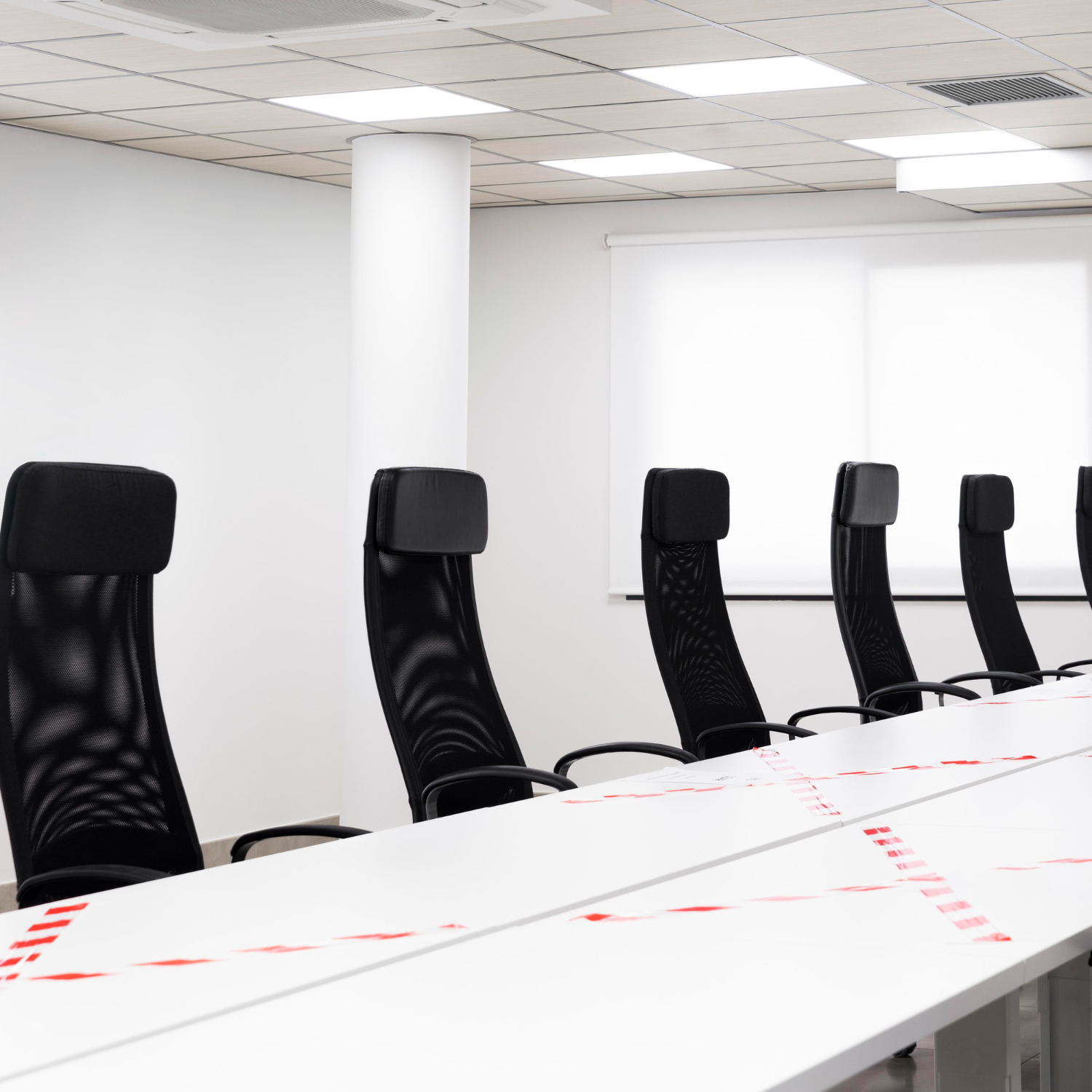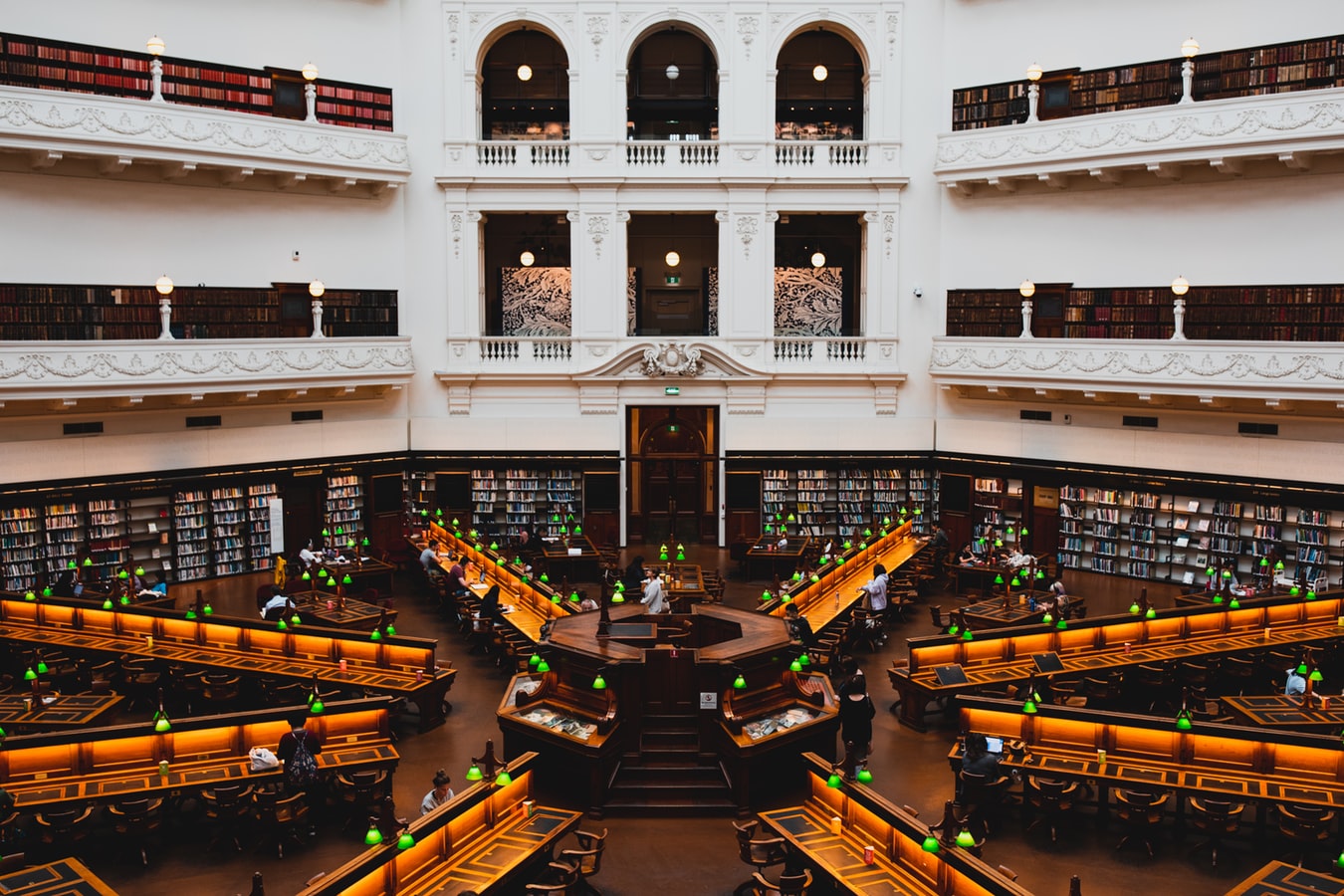When Dialogue Becomes a Monologue
In a country built on dialogue and democracy, it is often assumed that all voices have a seat at the table. But beneath the headlines and podium speeches lies a stark reality: South Africa’s national conversations often mirror the very inequalities they claim to address.

Who’s Usually in the Room?
1. Urban Elites
2. Political Insiders
3. Formal Sector Organisers
Who’s Missing and Why It Matters
1. Rural Communities
Comprising 45% of the population, rural South Africans face barriers to participation:
• 43% lack internet access
• Transport is costly and limited
• Dialogues are often not translated into indigenous languages
As a result, policies like land reform are developed without the voices of farmworkers and subsistence farmers.
2. Youth (Ages 18–34)
“They call us the leaders of tomorrow, but silence us today.” – Zinhle, 24, KwaZulu-Natal
3. Informal Workers
From waste pickers to domestic workers, 17.8% of South Africa’s workforce remains unheard. Without union recognition or formal structures, their lived realities rarely make it to the table.
4. Women
Although women make up more than half of the population, they represent only 31% of delegates in key national forums (IPU, 2024).
5. Persons with Disabilities
Many venues lack basic accessibility features. Digital platforms often ignore assistive technologies like screen readers or South African Sign Language interpreters, rendering participation impossible.

Why Exclusion Has Consequences
When people are excluded, the results go far beyond consultation gaps, they fuel mistrust, resistance, and in some cases, unrest.
• Policy Blind Spots: Early energy plans ignored township electricity poverty until 2024’s solar co-op movement forced recognition.
• Erosion of Trust: Only 22% of youth trust Parliament, a figure rooted in decades of exclusion from decisions that affect them (IEC Survey, 2023).
• Violence as Expression: The July 2021 unrest was more than criminality, it was the cry of those without a microphone, a seat, or even acknowledgement.
A Path Forward: V20MM’s Inclusion Framework
True inclusion requires intentional architecture, not token gestures. Here’s what we’re proposing:
1. Quotas with Teeth
At least 50% of dialogue seats should be reserved for rural communities, women, youth, and informal workers.
2. Radical Accessibility
From mobile “Dialogue Vans” for rural outreach to zero-rated apps like Moya Messenger, we must meet people where they are.
3. Pre-Dialogues
Community imbizos and local forums should precede national discussions, feeding agendas from the bottom up.
4. Accountability Dashboards
We propose a public-facing dashboard that tracks how community input informs real-world policy decisions.
Final Word: The Cost of Silence
“When the woman selling oranges on the N1 isn’t heard, policies won’t stop her stall from being confiscated. When the informal miner isn’t seated, safety reforms won’t reach the shaft.” – Portfolio Creative Team
Inclusion is not an act of charity. It is the foundation of legitimacy, sustainability, and justice. As South Africa rebuilds, dialogue must transform from an echo chamber into a listening circle.
Join the Movement
• Share this post
• Start a dialogue in your community
• Demand representation in every forum you enter
V20MM: No voice too marginal, no solution without solidarity.
What kind of leadership does a truly inclusive South Africa need? Stay tuned for our follow-up piece:
“Voices Without Echoes: Reclaiming Leadership That Listens and Leads”,
where we explore the qualities and strategies needed to make citizen-centred change a reality
